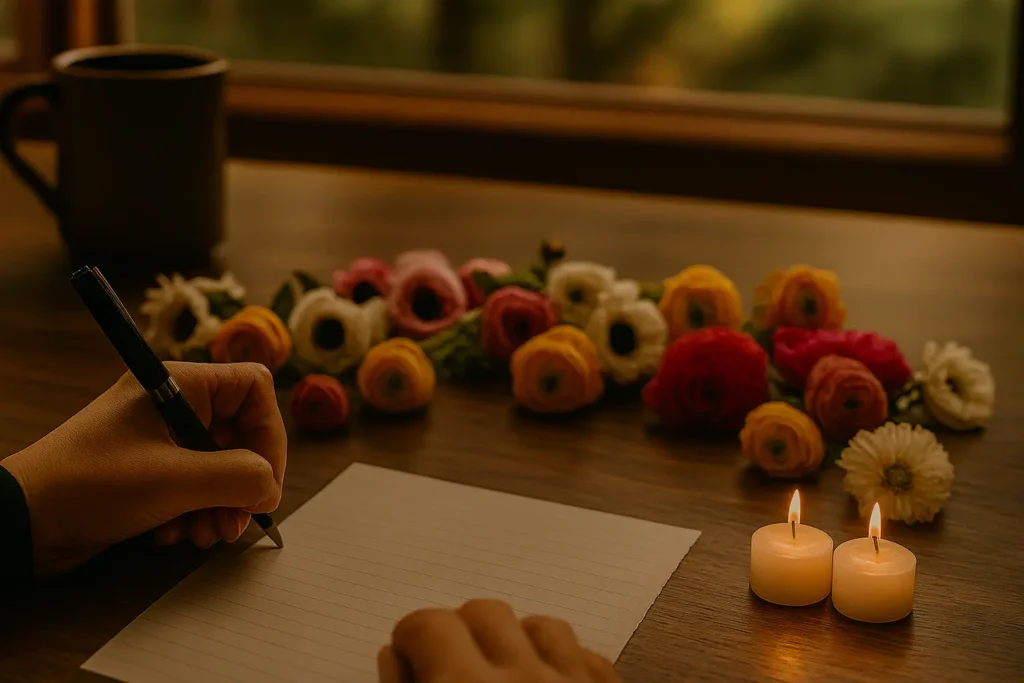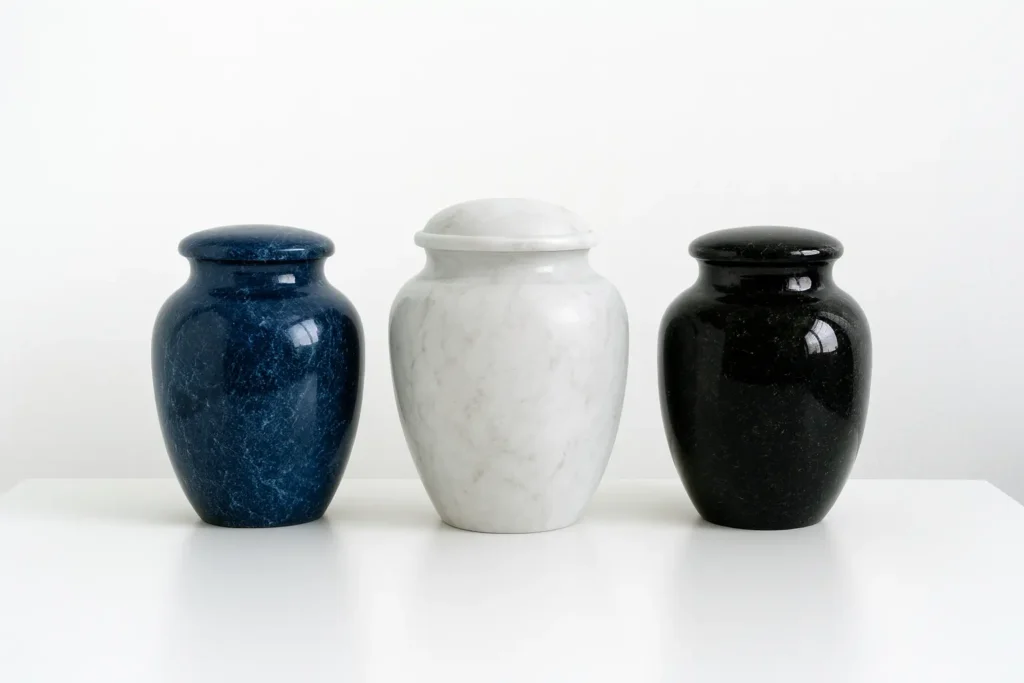Understanding Complicated Grief

In this article, we are going to cover cremation services Flint, MI, and complicated grief. This type of grief almost always relates to the death of someone close to your heart. But not many people know how complicated grief is different from normal grief.
If you want to learn more about this topic, then keep reading.
WHAT IS COMPLICATED GRIEF?
Complicated grief is when the sorrow over the death of a loved one persists and becomes intense with time. The person feels difficulty in returning to normalcy even several months after the loss. Complicated grief is also sometimes referred as Complex Bereavement Disorder.
WHAT IS THE DIFFERENCE BETWEEN COMPLICATED GRIEF AND NORMAL GRIEF?
Honestly speaking, there aren’t too many differences between complicated grief and normal grief, except for the timeframe. Both have almost similar symptoms in the first few weeks after the loss.
As time progresses, the weight of normal grieving will begin to lift and the intensity of normal grief starts to die down. You begin adjusting to the new life that has been forced upon you and accept the changed reality.
This is where the differences between grief and complicated grief become clear as you transition from normal grief to complicated one.
WHAT ARE THE SYMPTOMS OF COMPLICATED GRIEF?
When complicated grief sets in, these are some of the frequent symptoms you may experience.
1. Anger, sadness, depression, guilt, low self-esteem, even frequent and uncontrollable bouts of crying. Everyone goes through these feelings while grieving, but there is trouble when these emotions continue unabated or even increase in frequency and intensity.
2. Detachment from life. You may no longer engage in the activities that you and your loved one enjoyed. You don’t want to include friends or family in any activities, either
3. Developing a pervasive fear of death. Your thoughts and conversations revolve around death and loss, and begins to take over your daily life.
.4. Intensely holding on to your loved one. This could mean you never clean out your loved one’s possessions. Keeping everything in a “shrine-like” setting. Hanging onto clothes, perfumes/colognes, even keeping things you never liked before. Most people hold on to a few keepsakes, routines, or traditions that ‘keep their memory alive’ – that is normal and healthy. But this is an unhealthy exaggeration of memorializing the decedent.
WHAT IS THE TREATMENT FOR COMPLICATED GRIEF?
Complicated grief, in any of its manifestation, is curable. Here are a few tips you should consider:
1. Talking to friends or family about your grief can help you move forward. Sharing tears, memories, and plans for the future is a healthy way to combat your grief. Including a therapist might be the way to proceed.
2. Developing new, healthy habits will help your metabolism and endorphins. Take up walking, running, cycling, or any healthy activity. Joining a group to exercise might be an option for you.
3. Bereavement Counseling is available and impressive in the headway it is making. Recognizing complicated grief as a condition that affects about 7% of people has brought it into the light.
Cremation services Flint, MI, can help you say goodbye and reduce grief.




